SulNOx rises in Japan with new patent
SulNOx, the green fueltech group active in shipping, mining and road transport, has gained a valuable patent in Japan. The UK-listed company, which helps industry reduce emissions, lower fuel costs and meet sustainability targets, adds the patent to others granted for the US, Europe, Eurasia, Georgia, South Africa, Hong Kong, China, Indonesia and Chile. They cover a range of versions of SulNOx conditioners which emulsify water, while increasing lubricity and oxygen availability to fuel, making it burn cleanly and more efficiently. Japan is an important new patent for SulNOx, representing validation in a further G7 economy ...
Read More »
 Hellenic Shipping News Worldwide Hellenic Shipping News Worldwide, Online Daily Newspaper on Hellenic and International Shipping
Hellenic Shipping News Worldwide Hellenic Shipping News Worldwide, Online Daily Newspaper on Hellenic and International Shipping
















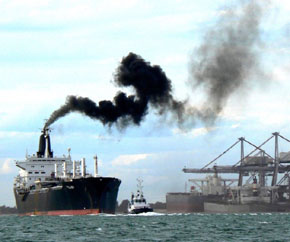


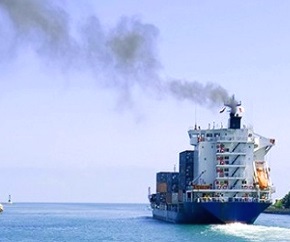




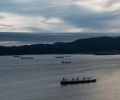



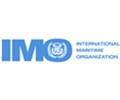

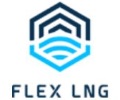

 PG-Software
PG-Software